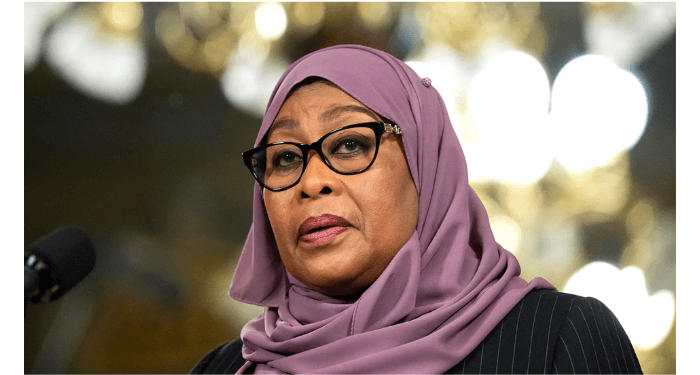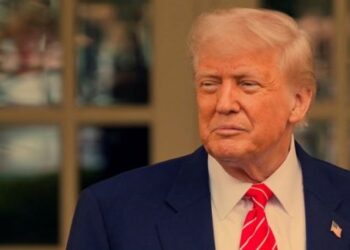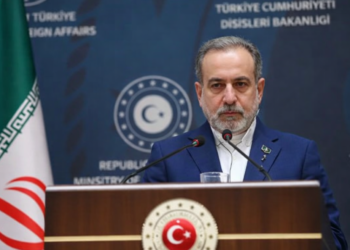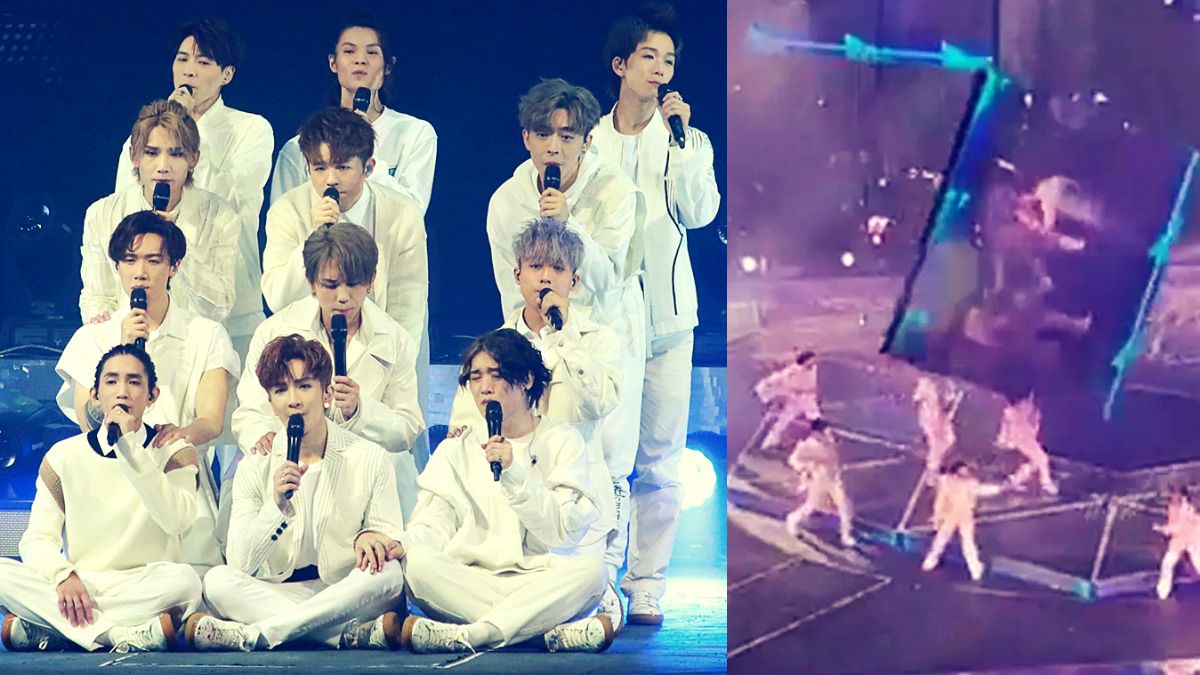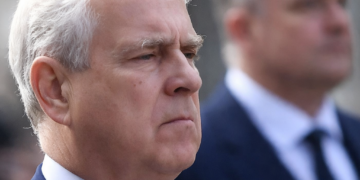President Samia Suluhu Hassan has been declared the winner of Tanzania’s presidential election, securing a second term with a reported 98% of the vote in a poll marred by deadly violence and the absence of credible opposition challengers.
The electoral commission’s announcement on Saturday, November 1, confirmed a widely expected outcome, but it was immediately rejected by opposition parties and international observers who denounced the process as a mockery of democracy. The vote occurred against a backdrop of nationwide unrest that has reportedly left hundreds dead and injured, though a government-imposed internet blackout has made verifying casualty figures nearly impossible.
In her victory speech, President Samia maintained that the election was “free and democratic” and labeled the protesters “unpatriotic.” Her main rivals were barred from the ballot or, in the case of opposition leader Tundu Lissu, imprisoned on treason charges.
The government has extended a curfew and deployed the military in a bid to quell the unrest, while continuing to downplay the scale of the violence. The situation has drawn concern from international observers, who have pointed to both the lack of electoral transparency and the severe crackdown on dissent.
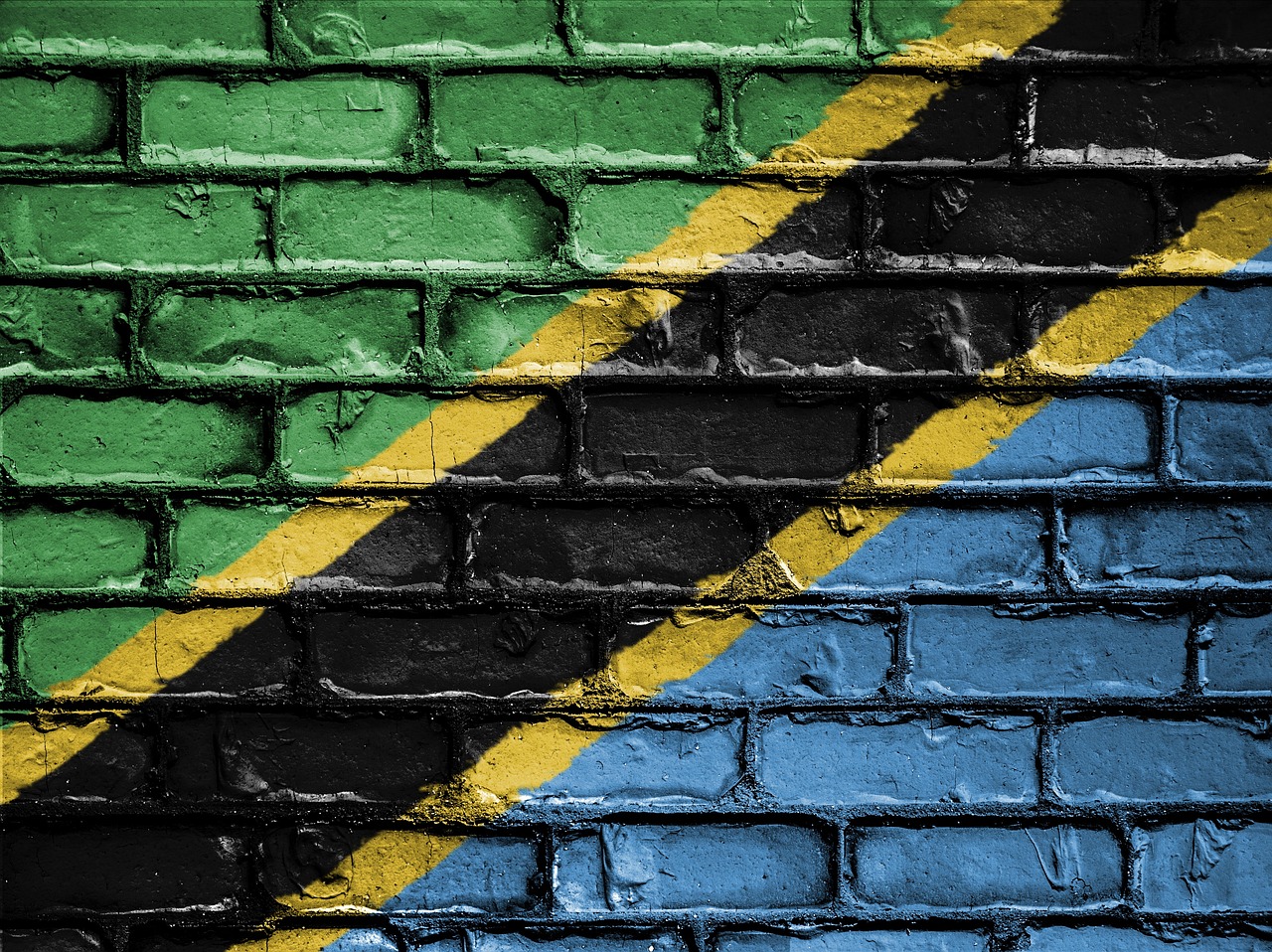
Why It Matters
President Samia’s victory is the political equivalent of a doctor declaring a patient healthy while the body lies in a morgue. Winning 98% of the vote after jailing your main opponent isn’t an electoral mandate; it’s the signature on an authoritarian power grab.
The brutal crackdown on protesters and the information blackout are not separate from this “victory”—they are its essential ingredients. By silencing dissent both at the ballot box and in the streets, the government has revealed its true face: one that fears its own people more than it respects their will.

